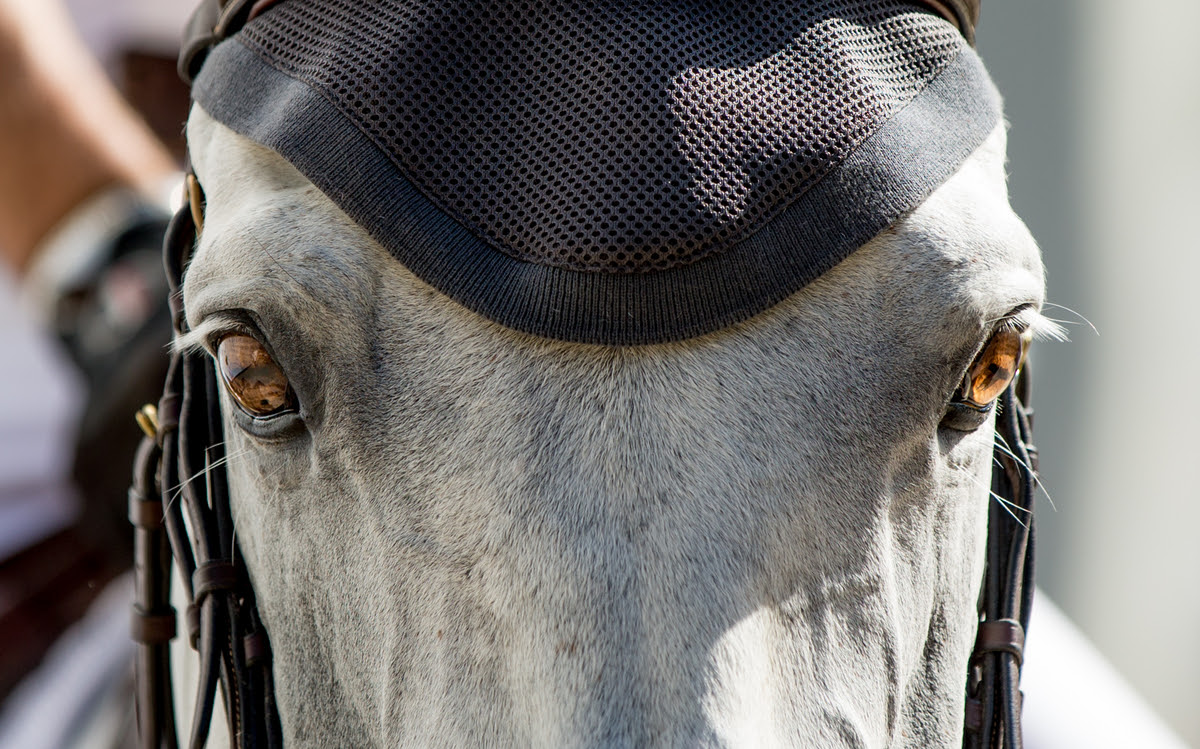The European Equestrian Federation (EEF) recently hosted a panel discussion on protecting equine welfare 'at home'. Given the findings of the Equine Ethics & Wellbeing Committee's work, and recent high-profile cases of inappropriate training methods, the EEF deemed it an important topic to discuss with its National Federation members. This discussion, embedded within a large-scale survey, sheds a concerning light on the challenges facing the equestrian sport. The findings underscore the need for action to safeguard the welfare of our animals.
To substantiate the discussion, a survey was conducted to gather insights and experiences regarding the specific issue of training methods at home. Over 9000 respondents participated, with 94% from Europe. The vast majority identified as national-level riders. The survey also underscored that these issues originate from beginner levels and are not solely concerns of international athletes. 90% of respondents claimed to have witnessed instances of poor horse welfare at home, with 58% of those cases occurring within the last 6 months.
Basis of the panel discussion
Respondents were prompted to consider what they believed fueled these behaviors, and there was a unanimous agreement: financial interests in the sport, competition pressure, the standard of officials within competitions, and, specifically for dressage, the assessment criteria, all contribute to encouraging training methods detrimental to horse welfare.
In conversation with...
To address the issue, Roly Owers, Chief Executive of World Horse Welfare, Jackie Potts, founding member of the International Grooms Association, Constanze Winter, legal expert at the German Equestrian Federation, and Johan Fyrberg, Secretary-General of the Swedish Equestrian Federation, led by EEF representative Ulf Bromster, engaged in discussion.
Federations must enforce rules!
Upon opening the session, EEF President Theo Ploegmakers delivered a clear message: "The welfare of the horses must always come first. It's not about being demanding; it's about upholding a standard of care that every horse deserves... We need to examine what lies within our control, and the control of our National Federations. These Federations must be able to enforce regulations, build on education, and protect the horse. The horse is the centerpiece of our sport!"
Challenges exposed
The discussion began with talks on reporting and the lack of consensus among those surveyed regarding who should handle reports and the logistical challenges of managing them. These findings were reiterated by Jackie Potts, who noted that even with a system in place, grooms were in a vulnerable position to lodge complaints against their employers. Roly provided background information on World Horse Welfare's reporting center, which requires substantial resources to operate, while Constanze offered crucial insights into the level of detail and evidence required to fully prosecute a case, all of which present significant challenges in the reporting system.
Collaboration for research
The need for research and studies to provide better insights into horses and, in turn, better protection of their welfare rights was also highlighted. This is an area constantly evolving, and it was agreed that more collaboration within the industry could be beneficial. Sweden demonstrated strong collaborative efforts, especially with their Nordic neighbors, to initiate discussions and actions such as the request to establish a dressage forum to further discuss various critical discipline topics.
Mindset shift
The conversation then delved into the broader drivers behind poor training behaviors, which respondents suggested were linked to money, competition pressure, and particularly dressage assessment and scoring systems. The panel understood these findings and emphasized the need for a cultural shift to change the mindset that promotes inappropriate methods, create clear education systems to inform about the horse's impact, and motivate individuals to take responsibility alongside larger federations and stakeholders.
Time for action!
Action! That's paramount. Roly provided excellent insight into the necessity of a cultural shift and the need to promote shared responsibility within the equestrian community, an area where National Federations can help foster through their membership networks. A statement shared by Roly at the beginning of the discussion resonated with our panelists; "The standard you walk past is the standard you accept" - highlighting the need for systemic change that truly embodies a cultural shift at every level, empowering every individual to act in the best interest of their horses.
Source: EEF

